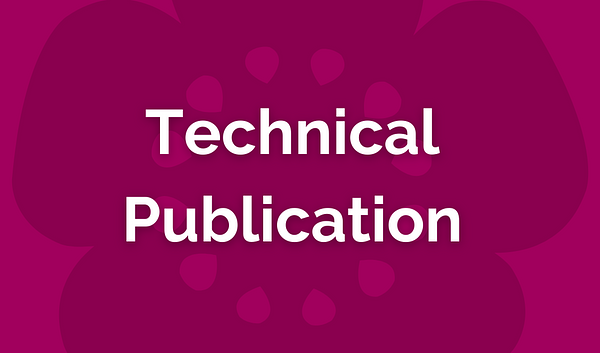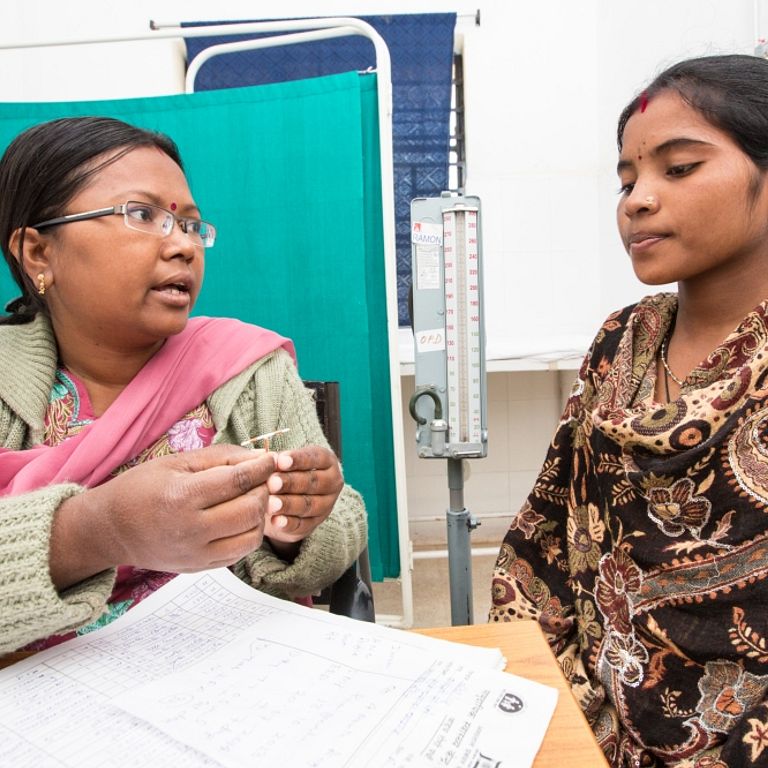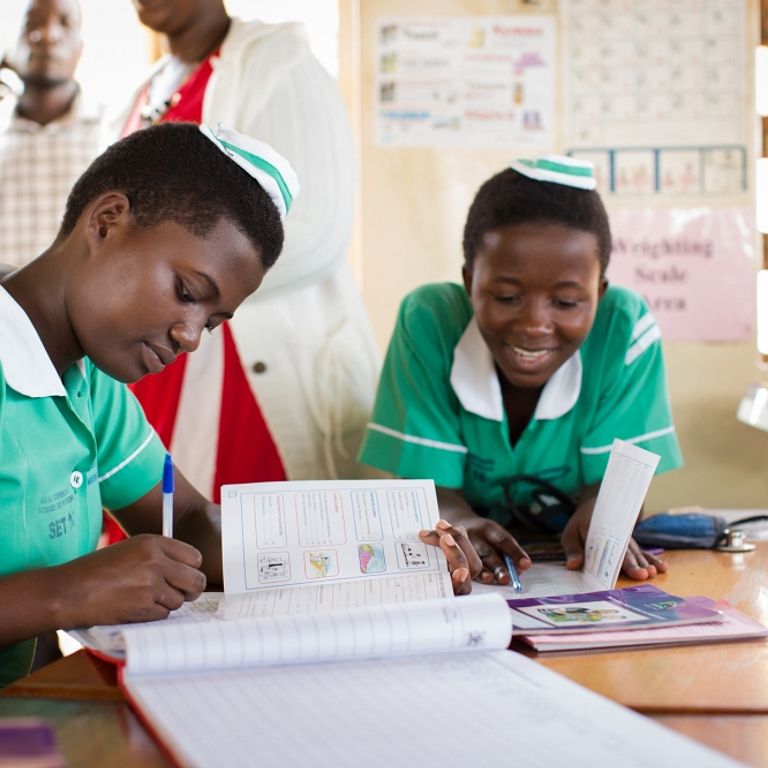Expanding Access to Intrauterine Device (IUD) Services in India (EAISI)

According to FP2020, the modern contraceptive prevalence rate in India was 40.6% in 2014, with approximately 3% of women selecting the IUD as their method of choice, as cited in the 2015–2016 National Family Health Survey.
Through this program, EngenderHealth provided technical assistance to the state governments of Rajasthan and Gujarat to improve access to high-quality, voluntary IUD services. The latter years of the program focused particularly on improving the quality of postabortion family planning (FP) services.

Public health facilities in India were banned from providing long-acting reversible contraceptives for years. After the ban was lifted, EngenderHealth began training healthcare providers, helping establish training and mentoring programs, and establishing state-wide data collection and monitoring systems to support delivery of long-acting reversible contraceptives.The project created a pool of 190 district trainers across the two states, ensuring each district had at least two master trainers to delivery clinical and counseling training for IUD services. We also advocated with the state governments who in turn issued guidance to district health authorities to improve and expand IUD services. Districts then utilized the EAISI-approved trainers to improve IUD service delivery, access, and quality.
EAISI worked with community health workers to dispel myths and misconceptions about IUDs. The program also worked with facilities to generate demand by training service providers in rights-based, client-centered FP counseling. Additionally, we supported FP integration and referrals with maternal and newborn care services to maximize opportunities to share information about contraception and the availability of IUD services.
Through initiating postpartum IUD services in 95 and strengthening services in 263 existing facilities EAISI enhanced the skills of providers, improved infection-prevention practices, and strengthened reporting and record-keeping, contraceptive commodity planning, and service quality monitoring. We also initiated interval IUD services in 33 facilities and strengthened those services in 325 facilities. As a result, 490,135 clients adopted an interval IUD at a project-supported facility, and the percentage of clients who delivered at supported facilities and chose to adopt a postpartum IUD increased from 17.5% in September 2015 to 23.9% in February 2020.
Expanding Access to IUDs in India Project: Working with Governments to Institutionalize Systems
Program Partners
- State Government of Gujarat
- State Government of Rajasthan
Program Donor
- Large Anonymous Donor




